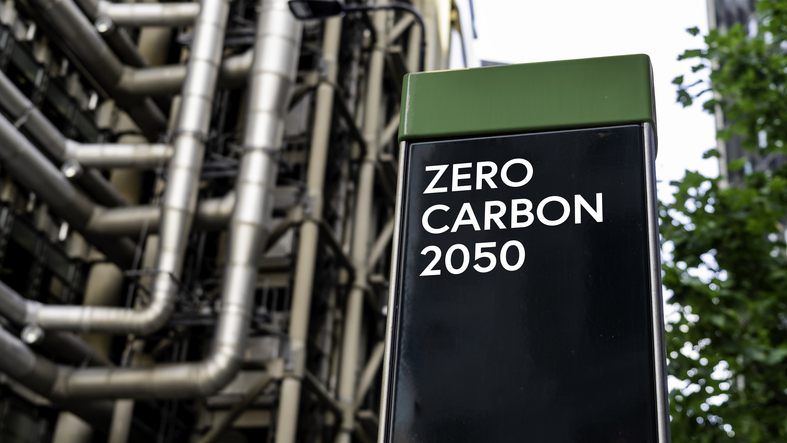
The UK government has set a legally binding commitment to reach net zero greenhouse gas emissions by 2050. It’s one of the most ambitious environmental targets in the world—designed to combat climate change, reduce environmental impact and shift the economy towards low-carbon growth. But while this is a national commitment, the path to net zero will be driven largely by action at the business level.
Understanding the 2050 Net Zero Target
Net zero by 2050 means that the UK must remove as much greenhouse gas from the atmosphere as it emits. Achieving this requires sweeping change across all sectors of the economy—from how we produce energy and move goods, to how we heat buildings and manufacture products.
To get there, the government has set out a series of interim milestones, including a 68% reduction in emissions by 2030 and a 78% cut by 2035, compared to 1990 levels. These targets are not just policy ambitions—they’re legally enforceable under the Climate Change Act, and they create a framework within which businesses will be expected to operate.
What This Means for UK Businesses
For businesses, the implications are far-reaching. Hitting these national goals will require companies of all sizes to:
• Reduce direct and indirect emissions across their operations, supply chains and product lifecycles.
• Invest in energy efficiency—upgrading equipment, switching to low-carbon heating systems, improving building insulation and implementing smart energy monitoring.
• Shift to renewable energy sources, either through on-site generation, procurement of green tariffs or participation in energy markets.
• Electrify fleets and logistics, replacing petrol and diesel vehicles with electric alternatives.
• Improve transparency and reporting, using frameworks such as TCFD (Task Force on Climate-related Financial Disclosures) and aligning with ISO standards like ISO 50001 for energy management.
Failure to act will not only increase the cost of compliance down the line, but may also put businesses at risk of reputational damage, supply chain exclusion and loss of investor interest.
ESG and Stakeholder Pressure
There’s also growing pressure from investors, customers and employees. Environmental, Social and Governance (ESG) performance is now a key consideration in procurement, funding, recruitment and brand loyalty.
As public and private sector organisations align with net zero targets, they are looking to work only with suppliers and partners that can demonstrate environmental responsibility and data-backed action. Businesses without clear sustainability plans are likely to fall behind.
The Role of Energy Monitoring and Data
One of the most critical tools in the journey to net zero is energy data. Without accurate measurement, it is impossible to manage or improve performance.
Companies like Elcomponent play a key role in helping businesses achieve these goals. By delivering advanced energy monitoring solutions—including smart sub-metering, LoRaWAN technology and MW2 software—Elcomponent enables businesses to track, analyse and reduce energy use across multiple sites.
These systems provide the visibility needed to make informed decisions, report progress transparently and meet the requirements of both internal ESG strategies and external frameworks like ISO 50001 and SECR.
The 2050 net zero target is more than a government initiative—it’s a nationwide transformation that depends on every sector playing its part. For UK businesses, this means embracing sustainability not as a cost, but as a strategic opportunity.
Those that invest now in energy efficiency, carbon reduction and clear reporting will be well positioned to thrive in the low-carbon economy. Those that delay risk being left behind.
The future is net zero. The time to act is now.
